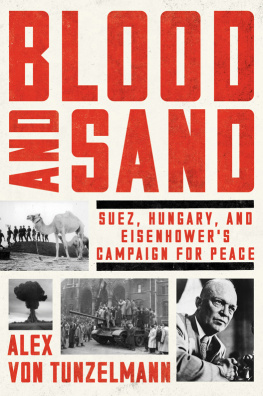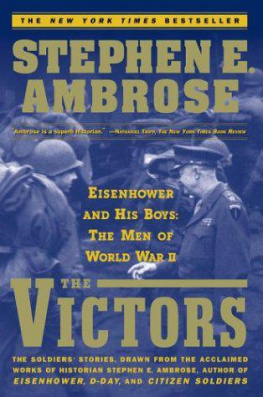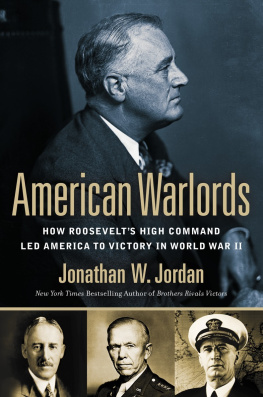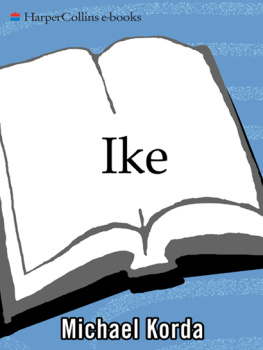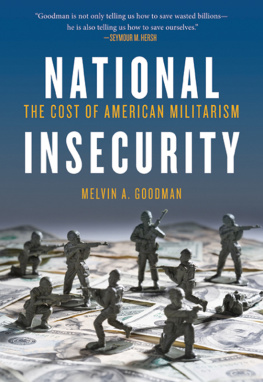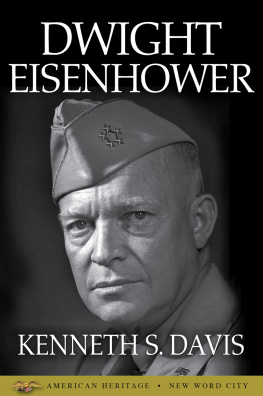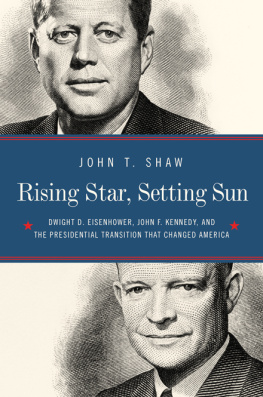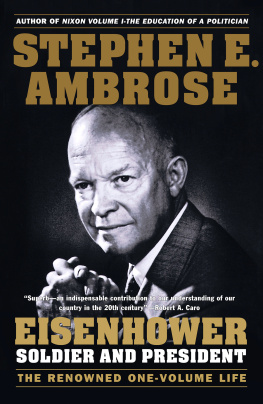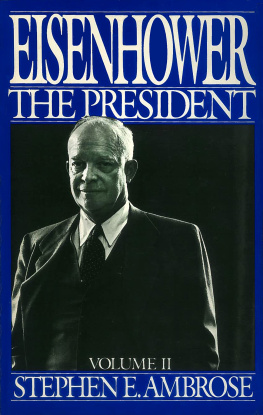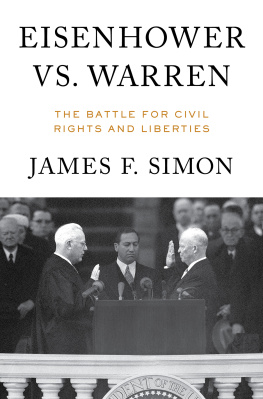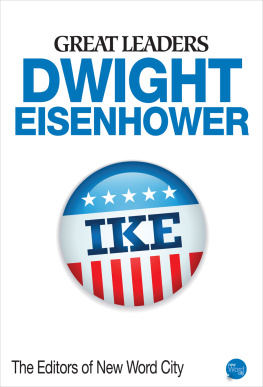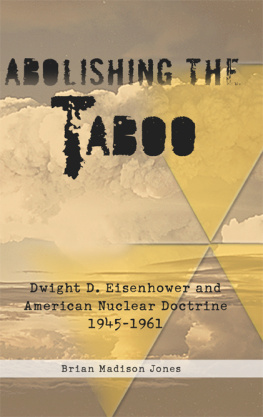Eisenhower Dwight David - The President and the apprentice : Eisenhower and Nixon, 1952-1961
Here you can read online Eisenhower Dwight David - The President and the apprentice : Eisenhower and Nixon, 1952-1961 full text of the book (entire story) in english for free. Download pdf and epub, get meaning, cover and reviews about this ebook. City: Array, year: 2015, publisher: Yale University Press, genre: Politics. Description of the work, (preface) as well as reviews are available. Best literature library LitArk.com created for fans of good reading and offers a wide selection of genres:
Romance novel
Science fiction
Adventure
Detective
Science
History
Home and family
Prose
Art
Politics
Computer
Non-fiction
Religion
Business
Children
Humor
Choose a favorite category and find really read worthwhile books. Enjoy immersion in the world of imagination, feel the emotions of the characters or learn something new for yourself, make an fascinating discovery.

- Book:The President and the apprentice : Eisenhower and Nixon, 1952-1961
- Author:
- Publisher:Yale University Press
- Genre:
- Year:2015
- City:Array
- Rating:3 / 5
- Favourites:Add to favourites
- Your mark:
The President and the apprentice : Eisenhower and Nixon, 1952-1961: summary, description and annotation
We offer to read an annotation, description, summary or preface (depends on what the author of the book "The President and the apprentice : Eisenhower and Nixon, 1952-1961" wrote himself). If you haven't found the necessary information about the book — write in the comments, we will try to find it.
More than half a century after Eisenhower left office, the history of his presidency is so clouded by myth, partisanship, and outright fraud that most people have little understanding of how Ikes administration worked or what it accomplished. We knowor think we knowthat Eisenhower distrusted his vice president, Richard Nixon, and kept him at arms length; that he did little to advance civil rights; that he sat by as Joseph McCarthys reckless anticommunist campaign threatened to wreck his administration; and that he planned the disastrous 1961 Bay of Pigs invasion of Cuba. None of this is true.
The President and the Apprentice reveals a different Eisenhower, and a different Nixon. Ike trusted and relied on Nixon, sending him on many sensitive overseas missions. Eisenhower, not Truman, completed the desegregation of the military. Eisenhower and Nixon, not Lyndon Johnson, pushed the Civil Rights Act of 1957 through the Senate. Eisenhower was determined to bring down McCarthy and did so. Nixon never, contrary to recent accounts, saw a psychotherapist, but while Ike was recovering from his heart attack in 1955, Nixon was overworked, overanxious, overmedicated, and at the limits of his ability to function.
Based on twenty years of research in numerous archives, many previously untouched, this book offers a fresh and surprising account of the Eisenhower presidency.
Irwin Gellmans superb research and plausible reconstruction of the Eisenhower-Nixon relationship may well revolutionize the meaning of historical revisionism. The President and the Apprentice is an unsettling tour de force.David Levering Lewis, author of King: A Biography and W.E.B. Du Bois: A Biography, winner of the Pulitzer Prize for Biography
Eisenhower Dwight David: author's other books
Who wrote The President and the apprentice : Eisenhower and Nixon, 1952-1961? Find out the surname, the name of the author of the book and a list of all author's works by series.

